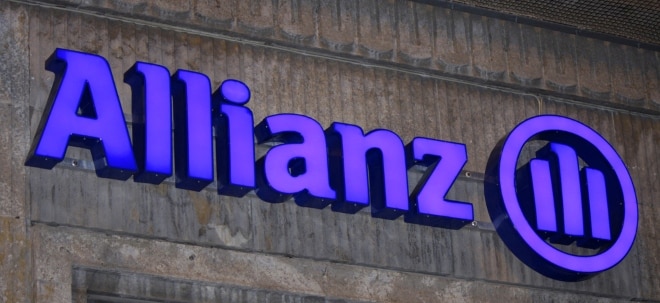Eventuell sind die, von Infineon zurückgehaltenen Papiere, doch belastender
für die Firma. Jetzt wird eine außerger. Einigung wahscheinlicher, da Infineons Chancen, vor Gericht zu bestehen, dadurch sinken.
A Nice Ramb-Up: A Brighter Legal Outlook Lifts Rambus
Shares 33%
By Caroline Humer
Senior Writer
3/22/01 7:22 PM ET
For the second week in a row, investors were caught up in the pretrial activity
between Rambus (RMBS:Nasdaq - news) and Infineon Technologies
(IFX:NYSE - news) Thursday, as details of some recently admitted Infineon
documents sparked speculation that Rambus' position in the patent
infringement case is stronger than previously thought.
In addition, a research report indicating that the two companies might settle
instead of going to trial on April 10 provided further fodder for Rambus shares,
which gained 33% on the day. The move comes after a sharp decrease in the
stock last week as a pretrial ruling seemed to limit Rambus' chance for
success.
"At one time Rambus moved up and down depending on which way Intel
(INTC:Nasdaq - news) breathed, and now it's which way the court battles go,"
said Gary Harmon, Rambus' chief financial officer. Indeed, Rambus' stock has
a history of rising and falling 20% in a day on the mere hint of news. Harmon
said there's been no change in plans to go to trial. Infineon wasn't available for
comment.
Rambus is a semiconductor design company that's suing German
chip-fabricator Infineon for royalties on two types of memory chips that
Infineon makes. In addition to the trial planned for U.S. District Court in
Virginia, Rambus is also suing Infineon in Germany and France and has
cases against Hyundei Electronics and Micron Technology (MU:NYSE -
news) under way in the U.S. and Europe. TheStreet.com recently looked at
the status of those cases and how the uncertainty around them could affect
the stock.
The uncertainty's affect on the stock is obvious in the Virginia case, where
last week the tide swung against Rambus, and this week has swung for it --
for now. Rambus lost more than 50% in two days last week. Thursday it
gained $5.67 to close at $22.96, still below the $35.35 it traded at prior to the
judge's seemingly anti-Rambus ruling last Thursday.
On March 15, the judge in that case defined a handful of terms that are used
in the four patents at the center of Rambus' case. The judge's definition of
these terms was designed to provide guidelines for the jurors, who may not
have the technical expertise needed to understand terms regarding the
construction of dynamic access random memory included in Rambus'
patents. Rambus produces its own proprietary DRAM called Rambus DRAM,
which isn't at issue in the lawsuits. Infineon makes synchronous DRAM and
double-data rate DRAM, and Rambus believes those are based on its patents.
The judge's definitions of some of these technical terms seemed to limit
Rambus' ability to prove patent infringement.
Then on the morning of March 16 the judge met with Infineon and Rambus
lawyers and heard news that some Infineon documents had only recently
been discovered and provided to Rambus. He agreed to Rambus' request for a
delay and set the trial's start at April 10 instead of March 20. According to the
transcript of that session entered into the public docket on March 21, Rambus
asserted that the Infineon documents specifically pertain to Infineon's plan to
use Rambus technology to produce a mass-market DRAM.
In a note to clients Thursday morning, Morgan Stanley Dean Witter analyst
Mark Edelstone wrote, "Based on the new evidence, we believe that the
potential for Infineon to want to settle out of court has increased significantly."
And Edelstone went on to say that this turn of events was "quite positive" for
Rambus given the collapse in the stock last week surrounding the judge's
decision about the patents. (Morgan Stanley underwrote Rambus' initial public
offering.)
Now it's just a matter of waiting for the next turn in the trial of Rambus and
Infineon.
Gruß Dampf  |


 Thread abonnieren
Thread abonnieren


